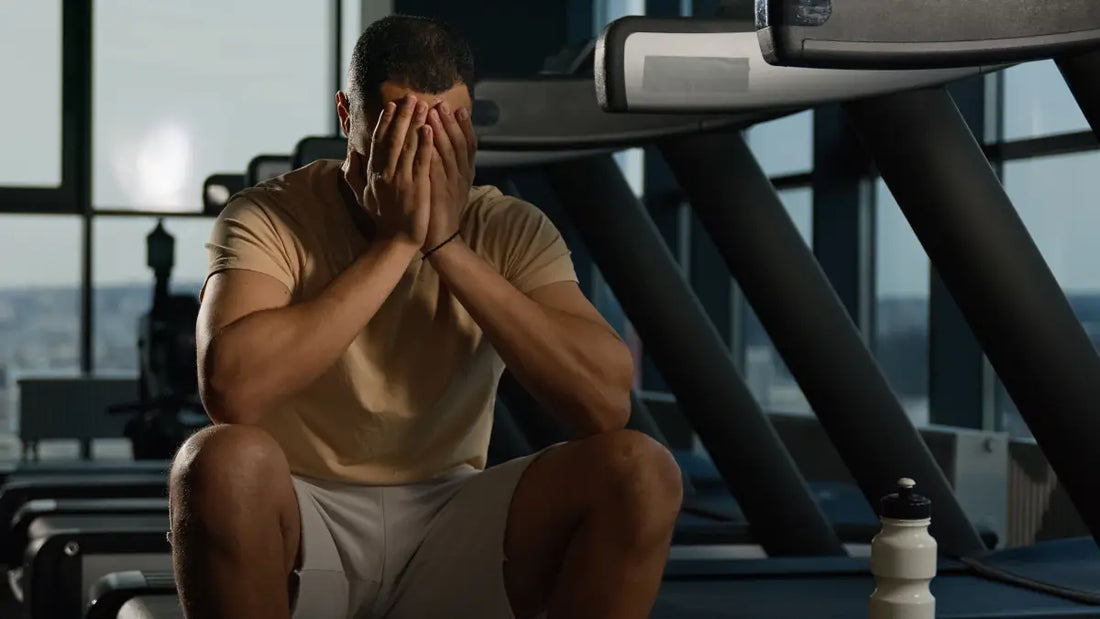What Happens When You Stop Taking Creatine?
Creatine is one of the most researched and effective supplements for improving athletic performance, muscle strength, and workout endurance. But what happens when you stop taking it? The reality is that stopping creatine can negatively impact your performance, muscle gains, and recovery—making it clear why sticking with creatine is the best choice for most people.
Why You Should Keep Taking Creatine
1. Muscle Fullness and Size Decrease Without It
Creatine monohydrate helps muscles retain intracellular water, making them appear fuller, stronger, and more defined. When you stop taking creatine, your muscles lose this extra water, making them look flatter and less pumped. While this isn’t actual muscle loss, the loss of size and fullness is noticeable, especially for those focused on aesthetics and strength training (Harvard Health, 2023).
2. Strength and Performance Decline Over Time
Creatine fuels ATP (adenosine triphosphate), the body's primary energy source for high-intensity exercise. When creatine stores drop, so does your power output, endurance, and ability to push through tough workouts. Studies show that stopping creatine leads to decreased gym performance, weaker lifts, and less explosive strength within just a few weeks (JISSN, 2017).
3. Increased Fatigue and Slower Recovery
Without creatine, your muscles struggle to recover as quickly, leading to more soreness, longer rest periods, and less frequent high-intensity training. Creatine also helps fight workout fatigue, so stopping it may lead to feeling more tired and sluggish in and out of the gym (PMC, 2021).
4. Harder to Maintain Muscle Gains
While stopping creatine won’t instantly shrink your muscles, maintaining progress becomes more difficult. Creatine supports muscle growth by improving workout performance, muscle recovery, and protein synthesis—so without it, your ability to build and retain lean muscle takes a hit (Physiology Journal, 1997).
5. No Scientific Reason to Stop Taking Creatine
Some people worry about long-term creatine use, but decades of research confirm that creatine is completely safe for healthy individuals. It does not harm your kidneys, liver, or overall health. In fact, creatine offers cognitive benefits and supports overall muscle function and energy production beyond just athletic performance (PubMed, 2004).
Why Cycling Off Creatine is Unnecessary
Some people think they need to take breaks from creatine, but there’s no scientific basis for cycling off. Your body naturally produces creatine, and supplementing with it does not shut down natural production. Instead, staying consistent with creatine ensures you always perform at your best without going through periods of reduced strength and endurance (JISSN, 2017).
Final Thoughts: Keep Creatine in Your Routine
Stopping creatine means losing muscle fullness, experiencing reduced strength, slower recovery, and lower endurance—none of which help if you're serious about performance. With no downsides to long-term use and massive benefits for muscle growth, training intensity, and overall fitness, there’s no reason to stop supplementing with creatine.
If you’re looking to maximize results, maintain your gains, and train harder for longer, staying on creatine is the best choice.







